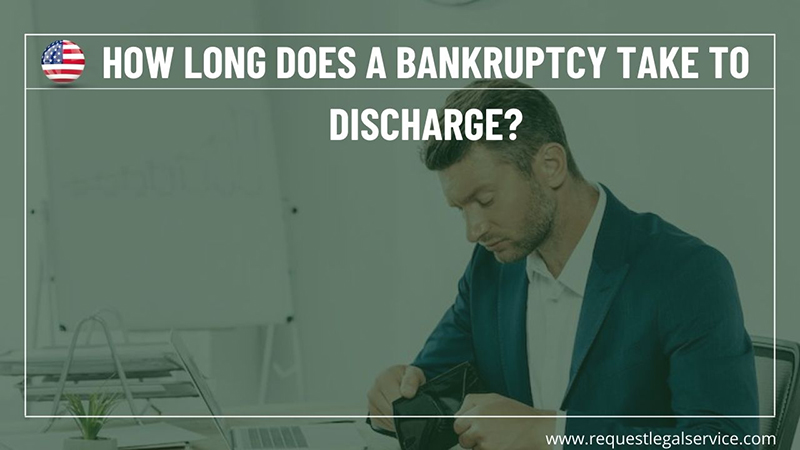
Bankruptcy Law refers to the legal decree that permits the pardon of individuals, couples, families, and businesses unable to meet their financial obligations from either repaying some of the debts or all of it.
Federal Laws cover the decrees and procedures concerning Bankruptcy Law in the United States.
States are not allowed to legislate in this section of the law.
If you are to file for bankruptcy, then you are required to submit a petition and a fee, which is close to $300 (for the majority of personal bankruptcies), to the bankruptcy court.
The petition will involve a sworn statement made by the debtor concerning the amount they owe, their income and expenditures, and a complete list of their properties.
Bankruptcy Types
The most common bankruptcy is Chapter 7 Bankruptcy. This chapter involves the debtor surrendering all non-exempt property s/he owns to the bankruptcy trustee. The properties are then sold and used to settle the creditor.
However, only a tiny portion of the total amount is paid to the debtor, to which they have to let go of the rest.
Exempt properties fall within the category of properties debtors are permitted to keep; examples include clothing, work tools, household items, and more.
Chapter 11 Bankruptcy has to deal with a personal reorganization, and it often deals with insolvent businesses that want to remain in business.
It involves businesses obtaining loans (or protections) from creditors while they make sure to arrange a plan for repaying the loan.
The liabilities could be restructured and reduced to allow the business to achieve profitability.
Chapter 13 Bankruptcy is referred to as reorganization bankruptcy, and it involves people who do not want to give up their non-exempt properties.
It permits the debtors to hold on to their properties only if they agree to pay a portion of their debts monthly across a time limit of three to five years.


